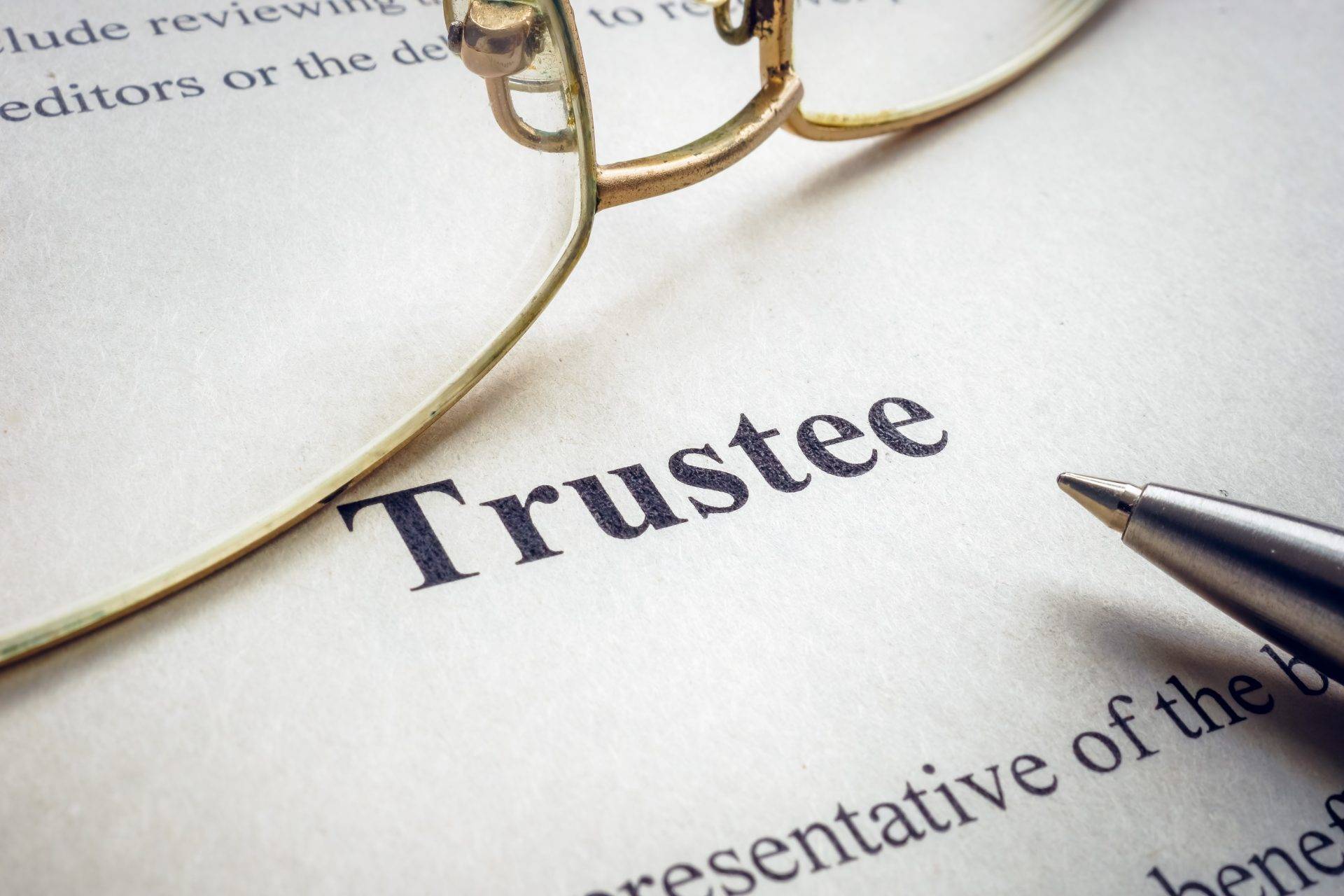There is a little-known rule, which is referred to as the prohibition against self-dealing. This article sets out what the self-dealing rule is, how trustees could avoid being in breach of it, and if a breach does occur, the best possible way to rectify it.
What is self–dealing?
Self-dealing is the act committed by a trustee (or another in a fiduciary position), whereby they seek to enter into a transaction in which, against their duty to act in the best interests of the Trust/beneficiaries, they have a personal interest conflicting or which possibly may conflict with the interests of those whom they are bound to protect.
What this means, in reality, is that if a trustee sells Trust property to himself/herself, the sale is voidable by any beneficiary as of right, however fair the transaction. The sale may be set aside within a reasonable time after the beneficiary discovers the circumstances. Further, third parties such as HM Land Registry may refuse to register the sale if the transaction relates to real estate/land.
At the point of any objection by a beneficiary, the transaction is voidable, which essentially means that any beneficiary can choose to make the transaction void but otherwise is valid.
There are a number of instances where this could occur and generally, the consensus is that if it seems that an act may fall foul of the rule, the person concerned should seek prior approval from the Court before proceeding with the act/transaction. There is no guarantee that a Court will approve a disposition by a trustee, but, by taking this step, the trustee knows for certain what their position is.
Case example
If, however, a trustee has acted in contravention of their duty against self-dealing, all is not lost. In a recent case, in which we were acting for a Claimant, who was a Personal Representative of her minor Children’s late Father (Deceased), the Deceased was the sole legal owner of a property. Under a previously executed Trust deed, the Trustee was a 50% owner of the beneficial interest in the property with the remaining 50% belonging to the Deceased.
The Deceased had died intestate (i.e. without a Will), which meant that under the intestacy rules, his share of the beneficial ownership fell to the two minor Children. The Trustee received legal advice setting out that she should transfer the legal title (solely held by the Deceased) of the property into her sole name, which would allow her to obtain a mortgage to clear the previous mortgage debt of the Deceased. For the avoidance of doubt, the transfer into her name was in her own right as opposed to her as a Trustee.
This most certainly fell foul of the rule against self-dealing, as she was a Trustee of the estate and proceeded to transfer the property to herself, without showing how the minor Beneficiaries’ interest was adequately protected. The issue of self-dealing came to light when the Trustee attempted to register both the transfer to herself together with the new legal charge. HM Land Registry after nearly two years of correspondence, cancelled the application for registration.
After instructing us, the Trustee was advised that both the Beneficiaries would require independent legal advice, and once that had taken place a form of order could be agreed upon between the parties. Once the parties were in agreement that the transaction was a result of poor advice and was wholly innocent, Court proceedings were issued. The Court finally ordered that the transaction was approved on the basis that the Beneficiaries’ interests were adequately protected and the parties agreed that it was in the best interests of everyone concerned for the Trustee to remain the sole legal owner, holding half the beneficial interest on trust for the Beneficiaries.
These proceedings were highly technical and therefore, should you be affected by such an issue, it is essential that legal advice is sought.
How Nelsons can help
Kevin Modiri is a Partner in our expert Dispute Resolution team.
If you have any questions concerning the subjects discussed in this article, please do not hesitate to contact Kevin or another member of the team in Derby, Leicester, or Nottingham on 0800 024 1976 or via our online enquiry form.
Contact usIf this article relates to a specific case/cases, please note that the facts of this case/cases are correct at the time of writing.


